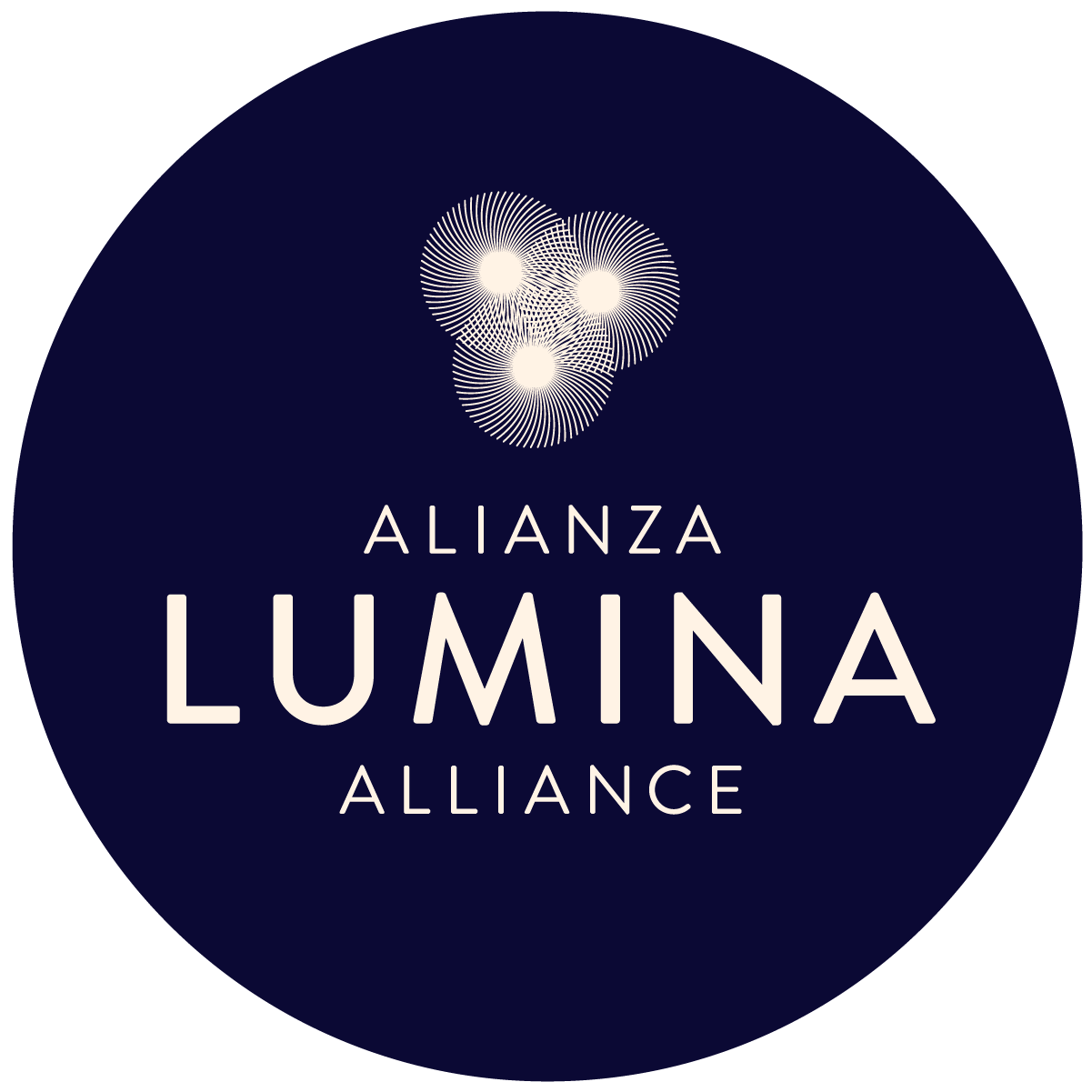May 20, 2021
Authored by: Samantha Riordan, Lumina Alliance Intern
In Stella Young’s TedTalk, “I’m not your inspiration, thank you very much,” she explains to the audience that people with disabilities are not necessarily limited by their disability— she is not limited by her wheelchair— yet societal norms and expectations serve as obstacles for people with disabilities. In order to begin to understand the reality that a person with disabilities may face, we must understand that the barriers in place are not the result of physical or developmental disabilities, but the result of societal views and expectations of those with physical or developmental disabilities. Barriers can include discrimination, stereotyping, or other harmful attitudes; these barriers can put people with disabilities at risk or leads to disproportional underreporting in disability communities.
“Yes, it’s happened to me. It was a staff person. It started out where he was buying pop for me and candy for me at, it was called, the canteen. Then one time he asked me to come down in the basement. He wanted to show me something. And I trusted him. That’s where that happened.” — Sam Maxwell, Meadville, Pa.
When it comes to power-based violence like sexual assault, marginalized communities are at a higher risk. This includes the disability community. Women with disabilities are three times more likely to be victims of sexual assault than women without disabilities. According to Disability Justice, 83% of women with disabilities will be sexually assaulted in their lifetimes. The intersection of control and sexual assault or abuse is particularly exacerbated in these situations. Often, individuals with physical or intellectual disabilities are taken advantage of by caretakers or staff members.
“It happens to people like us, and why is because we’re easy targets to take advantage of. We think that the people that we’re around, we can trust them, but you don’t know that by looking at ’em. You can’t judge a person by their looks.” — Cindy Whitaker, Austin, Texas
Our society often requires people with disabilities to need additional assistance to exist in the world— whether technical or personal. Those providing that necessary care are put in a position of power, opening a door for them to abuse that power dynamic and take advantage of the individual they are caring for. For example, many people with deafness or partial deafness may require a hearing device; a perpetrator who removes or hinders access to such necessary support can coerce and manipulate an individual with disabilities. Additionally, perpetrators who have access to phones and computers may cut off a survivor to keep them from reporting the crime or reaching out for help. Because so many perpetrators of sexual assault in the disability communities are known to the individual, repeated sexual violence is likely to occur. Half of female-identifying survivors with developmental disabilities have been sexually assaulted on more than ten occasions. Rates of intimate partner violence are higher in communities with disabilities. 19.7% of women with disabilities are coerced or physically forced into undesired sexual situations with a committed partner.
“I felt dirty. I just felt not clean. I blamed myself. And I felt powerless. I couldn’t even look in the mirror, because you see, all that comes back to you. It just does.” — Debbie Robinson, Philadelphia
Stigmas around sexual assault can produce feelings of shame for survivors which often leads to underreporting. Sexual assault in the disability communities is routinely and disproportionally underreported. Only 3% of incidents of sexual assault involving survivors with intellectual and developmental disabilities are reported. Very few services attend to the intersection of sexual trauma and disability.
“We are not believed. Right away, the cops think you asked for it. So, you really do have to keep tellin’. They don’t even think that we’re reliable witnesses.” — Robinson
Stereotypes and false narratives surround the disability community and lead to disbelief of survivors. People with disabilities are often stereotyped as non-sexual which leads police officers, judicial officials, and even friends and family to take survivors’ stories less seriously. A stereotypical weakness is often associated with individuals with disabilities, which is not only untrue, but dangerous. When necessary assistance is accepted by society as weakness it puts individuals with disabilities at a higher risk for violence and control-oriented assault. We must reframe the mindset around disability, so people without disability realize that stereotypes and ableism harm survivors with disabilities. Disability shows great strength; the ability to engage in everyday life despite the societal barriers in place for people with disabilities
*According to the Americans with Disabilities Act National Network, one should use person-first language when writing about disabilities. We followed these guidelines to deliver a blog post that was both informative and respectful. However, we would like to acknowledge that every individual may prefer different inclusive language around disability. The easiest way to find out what a person prefers is to ask them!
Works Cited:
Sexual abuse. (2018, January 27). Retrieved May 07, 2021, from https://disabilityjustice.org/sexual-abuse/
Shapiro, J. (2018, January 20). In their own words: People with intellectual disabilities talk about rape. Retrieved May 07, 2021, from https://www.npr.org/2018/01/20/577064075/in-their-own-words-people-with-intellectual-disabilities-talk-about-rape
The Disability Community and Sexual Violence. (n.d.). Retrieved from https://now.org/wp-content/uploads/2018/05/Disabled-Women-Sexual-Violence-4.pdf
Young, S. (2014, June). I am not your inspiration, thank you very much [Video]. TED conferences. https://www.ted.com/talks/stella_young_i_m_not_your_inspiration_thank_you_very_much/up-next




Recent Comments